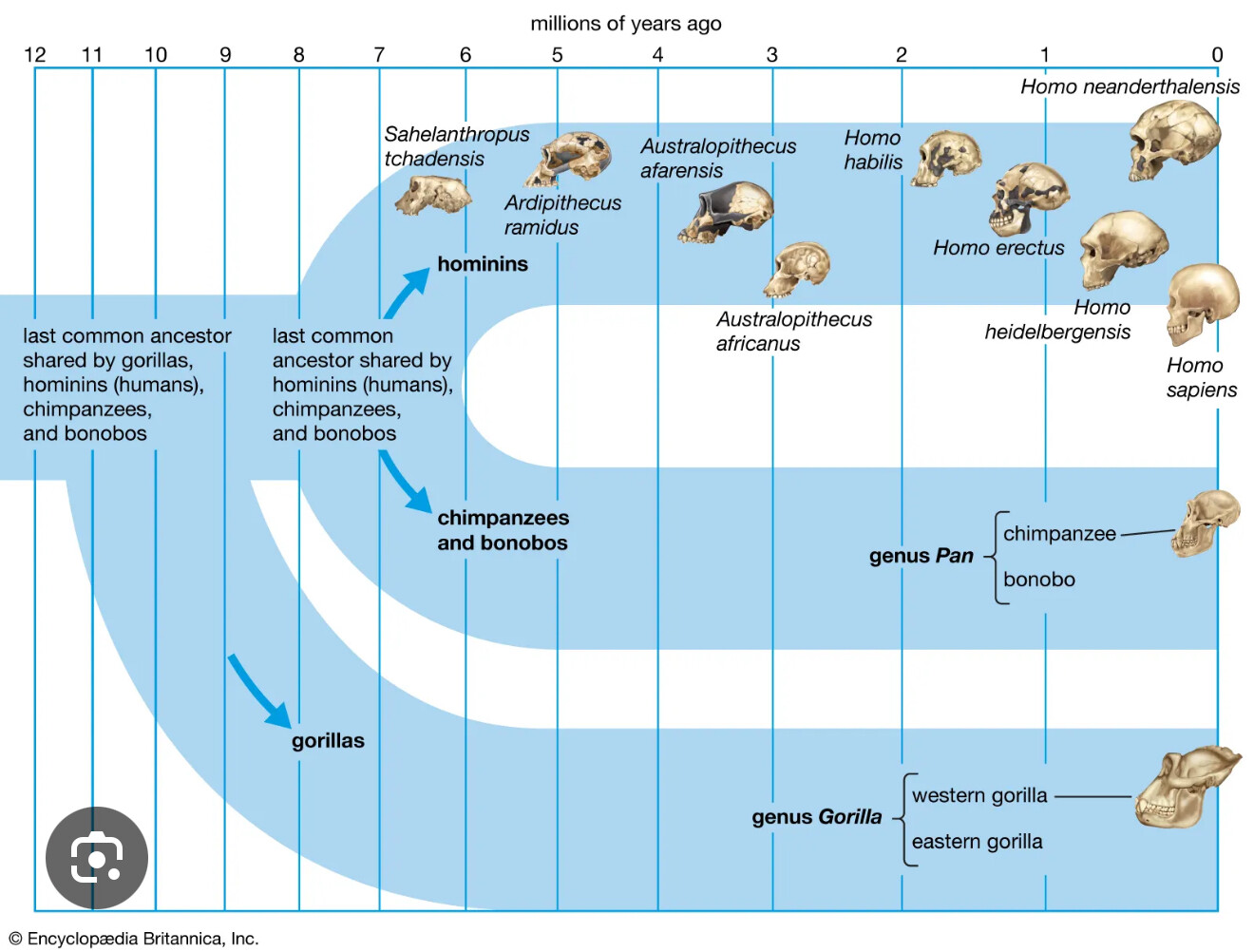here is the relevant section from the Digha Nikaya 27 (Agganna sutta) Walshe translation
Aggañña Sutta – The Origin of the World
10. "There comes a time, Vāseṭṭha, when, sooner or later, after a long period, this world contracts. At a time of contraction, beings are mostly reborn in the Ābhassara Brahma world. There they dwell, mind-made, feeding on delight, self-luminous, moving through the air, and glorious. They remain in this state for a very long time.
"But sooner or later, after a very long period, this world begins to expand again. When this happens, the beings from the Ābhassara Brahma world, having passed away from there, are mostly reborn in this world. Here too, they dwell, mind-made, feeding on delight, self-luminous, moving through the air, and glorious—remaining like that for a very long time.
11. "At that period, Vāseṭṭha, the world was covered by a single mass of water, shrouded in blinding darkness. There was no moon or sun, no constellations or stars, no distinction of night and day, no months and fortnights, no years or seasons, and no male or female—beings were simply called ‘beings.’
"Sooner or later, after a very long period, a savory earth spread itself over the waters where those beings were. It looked just like the skin that forms on hot milk as it cools. It had color, smell, and taste—resembling fine ghee or butter, and it was very sweet, like pure wild honey.
12. "Then, one being of a greedy nature thought: ‘What is this?’ and tasted the savory earth with a finger. In doing so, it became captivated by the flavor, and craving arose within it. Seeing this, other beings followed suit, also tasting the earth with their fingers. They too became enchanted by the taste, and craving arose in them.
"As a result, they began breaking off pieces with their hands to eat. Over time, due to their indulgence, their self-luminance disappeared. With the disappearance of their radiance, the moon and sun appeared, night and day became distinct, and months, fortnights, years, and seasons came into existence. To that extent, the world re-evolved.
13. "For a very long time, these beings feasted on the savory earth, growing nourished by it. As they continued eating, their bodies became coarser, and differences in appearance emerged among them. Some became good-looking, while others became unattractive. The good-looking ones began to despise the others, saying:
‘We are better-looking than they are.’
"Because of their arrogance and conceit over their appearance, the savory earth disappeared. Lamenting its loss, they cried:
‘Oh, that flavor! Oh, that flavor!’
"This is why, even today, when people taste something delicious and exclaim, ‘Oh, that flavor!’ they are unknowingly repeating an ancient saying.
14. "With the disappearance of the savory earth, a type of fungus cropped up, resembling mushrooms. It had good color, fragrance, and taste—like fine ghee or butter, and very sweet, like pure wild honey. The beings set to eating this fungus, and it lasted for a long time.
"But as they continued feeding on it, their bodies became even coarser, and their differences in appearance became more pronounced. The good-looking ones began to despise the others once again. Because of their arrogance, the sweet fungus disappeared.
"Next, creepers appeared, shooting up like bamboo, also sweet like wild honey.
15. "The beings fed on these creepers, and as they did so, their bodies became even coarser, and their differences in appearance increased further. Once more, arrogance arose, and the creepers disappeared. Lamenting their loss, they cried:
‘Alas, our creeper is gone! What have we lost?’
"This is why, even today, when people lament their losses, saying, ‘Oh, what have we lost!’ they are repeating an ancient saying.
16. "Then, after the creepers had disappeared, rice appeared in open fields, free from husks and powder—fragrant and clean-grained. Whatever was taken in the evening for supper would have grown back and ripened by morning. Whatever was taken in the morning for breakfast would be ripe again by evening, with no need for reaping.
"The beings fed on this rice, and this continued for a very long time. But as they ate, their bodies became coarser still, and their differences in appearance became even greater.
"Soon, female and male organs developed. The women became preoccupied with the men, and the men with the women. Because of their excessive attachment, passion was aroused, and their bodies burned with lust.
==================
and in the preceding sutta
Dīgha Nikāya 26 (Cakkavatti-Sīhanāda Sutta)
the Buddha recounts the decline of life spans of humans - from 80,000 years down to 10 years in the future. At this time humans live only around a hundred years- very, very short lived indeed.
